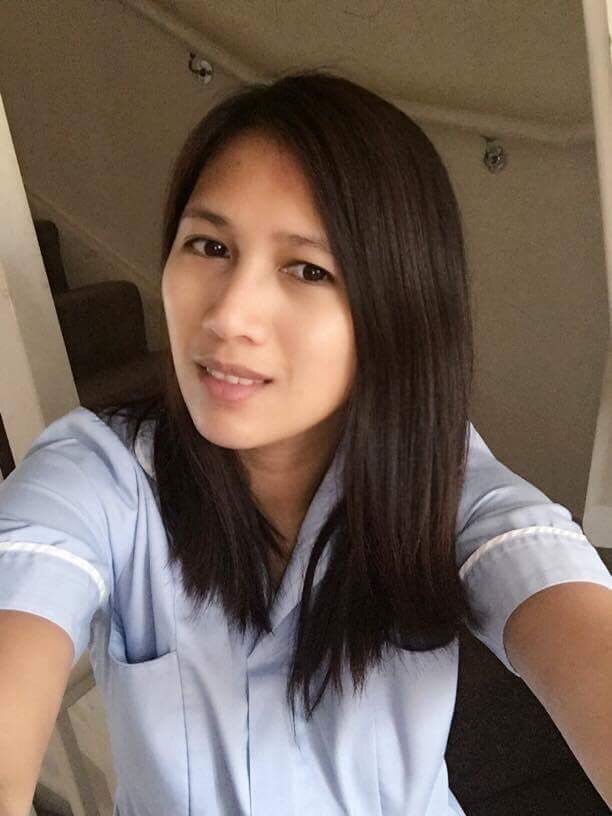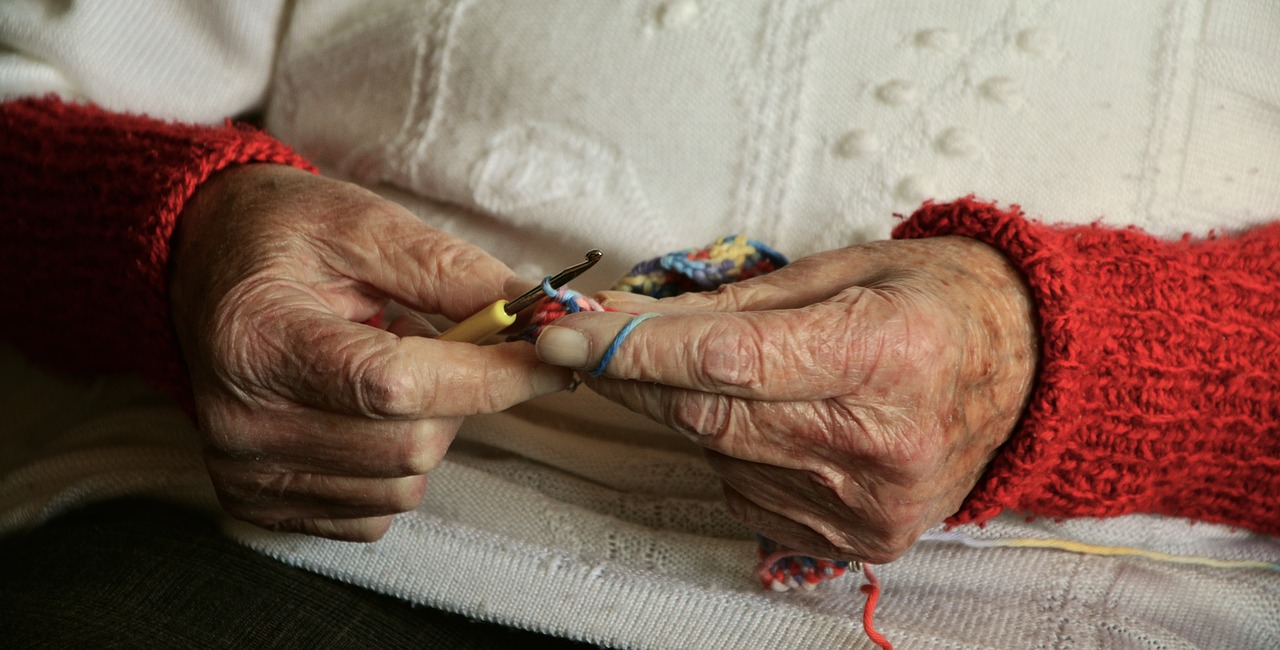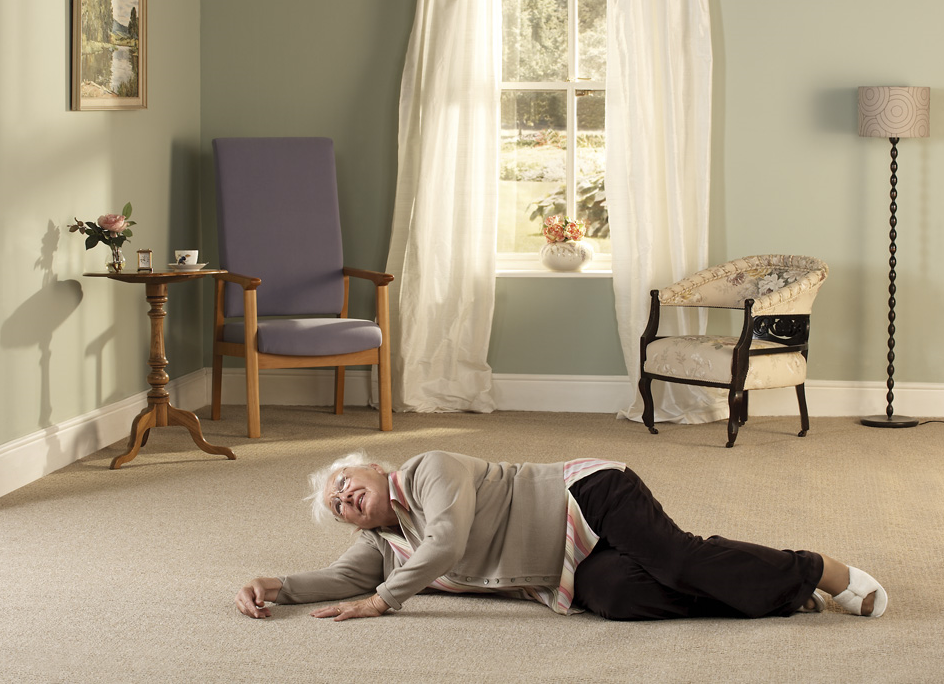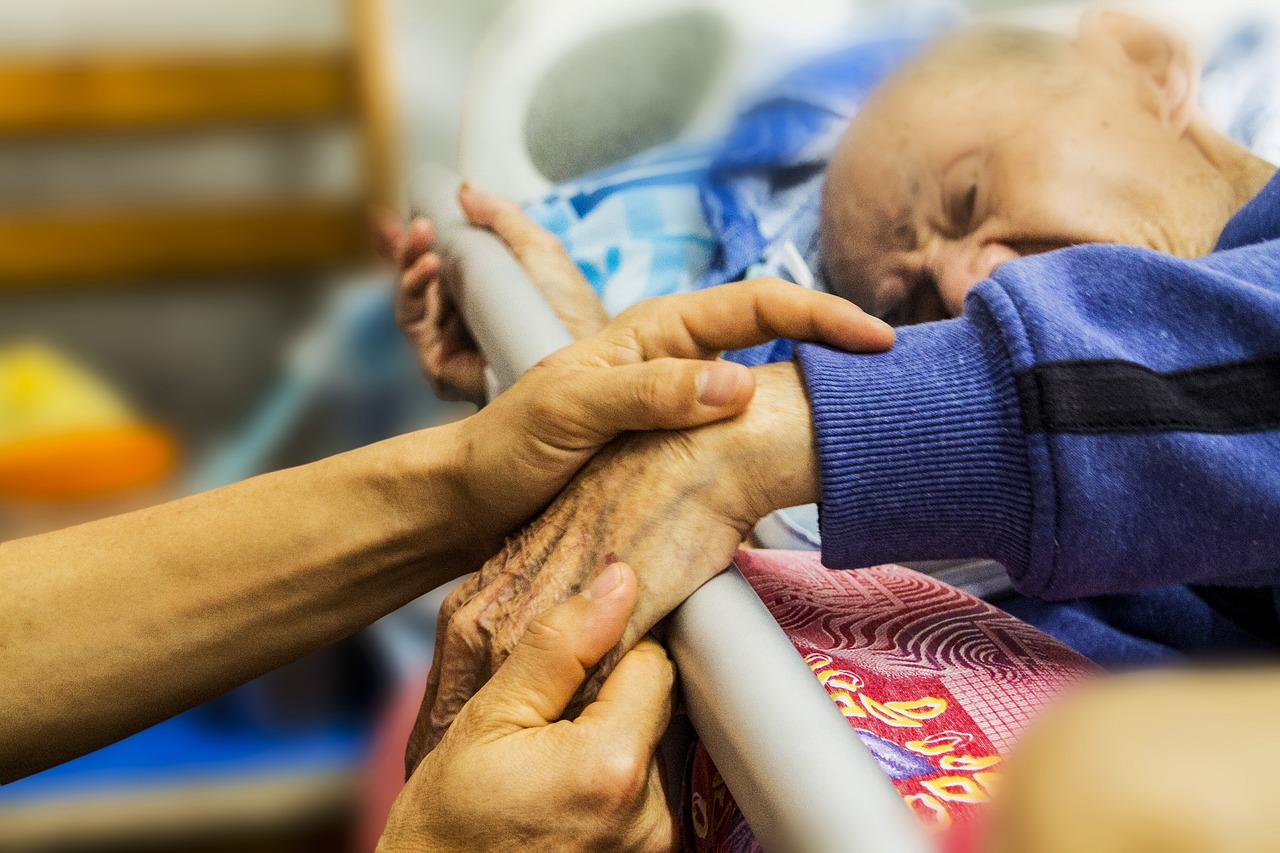Fill our form to download your free research report, written by Dr Mark Hawker.
A Carer Speaks Out About What Happens When Residents Fall

Keeping in line with our #UpliftingCare campaign we have been speaking to people in the industry to find out what it is like when a resident falls and how it affects them. We spoke to healthcare assistant, Epril, who told us some of the problems that arise when it comes to caring for residents with a high propensity to fall.
I work as a carer in a care home which caters residential, dementia and nursing for elderly, so I know first hand how important safe patient lifting and health and safety training are.
I work during the night and no shift is ever the same. I’m put on different floors on each shift, so I have to be flexible depending on residents needs as they all have different care plans. Everyone’s needs are different so you have to act accordingly, for example, some people are mobile and some have poor mobility. What we have to remember is that falls can always occur in the care home, but a number of falls can be prevented through thorough risk assessments.
The Risk of Falling in a Care Home
The likelihood of falling can never be completely removed, but by carrying out an assessment on a resident, their risk factors can be identified and action can be taken to remove the risk where possible. Considering risks within the care home environment is part of this process.
There will be cases when an individual remains at high risk of falling despite thorough assessment and management. In these instances, care assistants can try to reduce the risk of harm from falls by using suitable equipment, such as an alarm mat. This will ring and notify the care team when a resident steps onto it and they are about to walk, meaning if a resident has poor mobility and have a high propensity to fall, it can be avoided if a carer gets there immediately.
When a resident under my care falls I immediately feel worried about the person involved. As a carer, you feel like they are your family and you soon become very concerned about their health and safety. It’s a big responsibility to be a carer as anything can happen, and if safety precautions aren’t taken, you can get blamed.
At the end of the day it’s a life that we’re dealing with, so if a fall happens we could be liable. Despite the constant pressure, we are always very cautious and try to avoid such incidents by being vigilant and monitoring residents at all times.
What Happens when a Resident Falls?
In the case of a fall, we have several policies and procedures in place that need following.
In our care home’s case, if I found a resident on the floor you should immediately ring the emergency alarm and wait for my team leader to come and check the resident for any sign of injury, pain, bruises, and bleeding before deciding whether or not to call an ambulance.
Even if the resident is uninjured, standard policy is to call an ambulance, which can sometimes take up four hours. If this is the case, we often try to lift them ourselves.
After reassuring the resident everything is going to be okay, we position them in a comfortable position and use pillows, chairs and other equipment to help prevent pressure ulcers. We also assess their mobility. Can they stand up and walk about? If they can’t mobilise themselves, do we need to use a lifting equipment for transfer?
Protecting Myself and my Colleagues from Injury
As a carer, I have witnessed many residents falling in the care home, including certain instances where my colleagues have lifted a resident, resulting in injury to them. In certain cases this has meant they have been unable to go to return to work for long periods of time, meaning more often than not, they temporarily lose main source of income.
Having been in the industry for a number of years I have come to see how frequently carers, including myself, can develop back pain caused by helping residents after falls or helping them transfer. It is very important to ensure that you’ve received good quality of training and use proper manual handling equipment and techniques in order to avoid strain, injury and back pain.
It’s not easy being a carer. Doing manual handling such as repositioning heavy residents that have fallen and using equipment such as hoists, lifting cushions and other liftings aids is a strenuous task. More often than not, it’s something you can’t do on your own as much of the majority of the equipment is not intended for single-handed care.
Using the Right Equipment
Proper equipment in the care home is very important to make any carers job easier… and safer!
It’s important to know about the safe and proper use of the equipment to avoid getting yourself hurt or to cause further injury or pain to the resident who has fallen. Improper use of lifting equipment such as hoists or slings could cause further injury and as a carer it is important that we know how to use the equipment properly, or what the alternatives for lifting residents are.
Using the right equipment is crucial in avoiding unnecessary injury and accidents, making both carer and resident safer in the long run. Lifting equipment can help you to lift the resident and put them in a comfortable, safe position. Products such as the Mangar Camel and ELK are designed to make things easier for both the carer and resident.
Residents might need equipment for the following areas, to help prevent falls:
- Bedroom aids for getting in or out of bed
- Turning over in bed using slide sheets
- Sitting up in bed
In the bathroom:
- Bath seats and hoists
Elsewhere:
- Sitting in a chair may require foam or special pillows to help prevent pressure sores
- Standing may need a stand aid, walker, lifting cushion or stick
- Walking may needs assistance by using walker
- Lifting cushions (such as the Mangar Camel and ELK) could be used in getting up resident from the floor after a fall
If you would like to find out more about how our single-handed care products can help protect both residents and you as a carer, please get in touch with our sales team who will tell you more.
About Epril
Epril is a West Sussex based blogger over at www.epsandamy.co.uk. She’s originally from the Philippines but now lives here in the UK with her husband and 3 children. She studied nursing for 3 years in the Philippines and then moved to the UK to work in healthcare.
#UpLiftingCare
- June 30, 2017
- Care Home
- Patient Lifting Products












